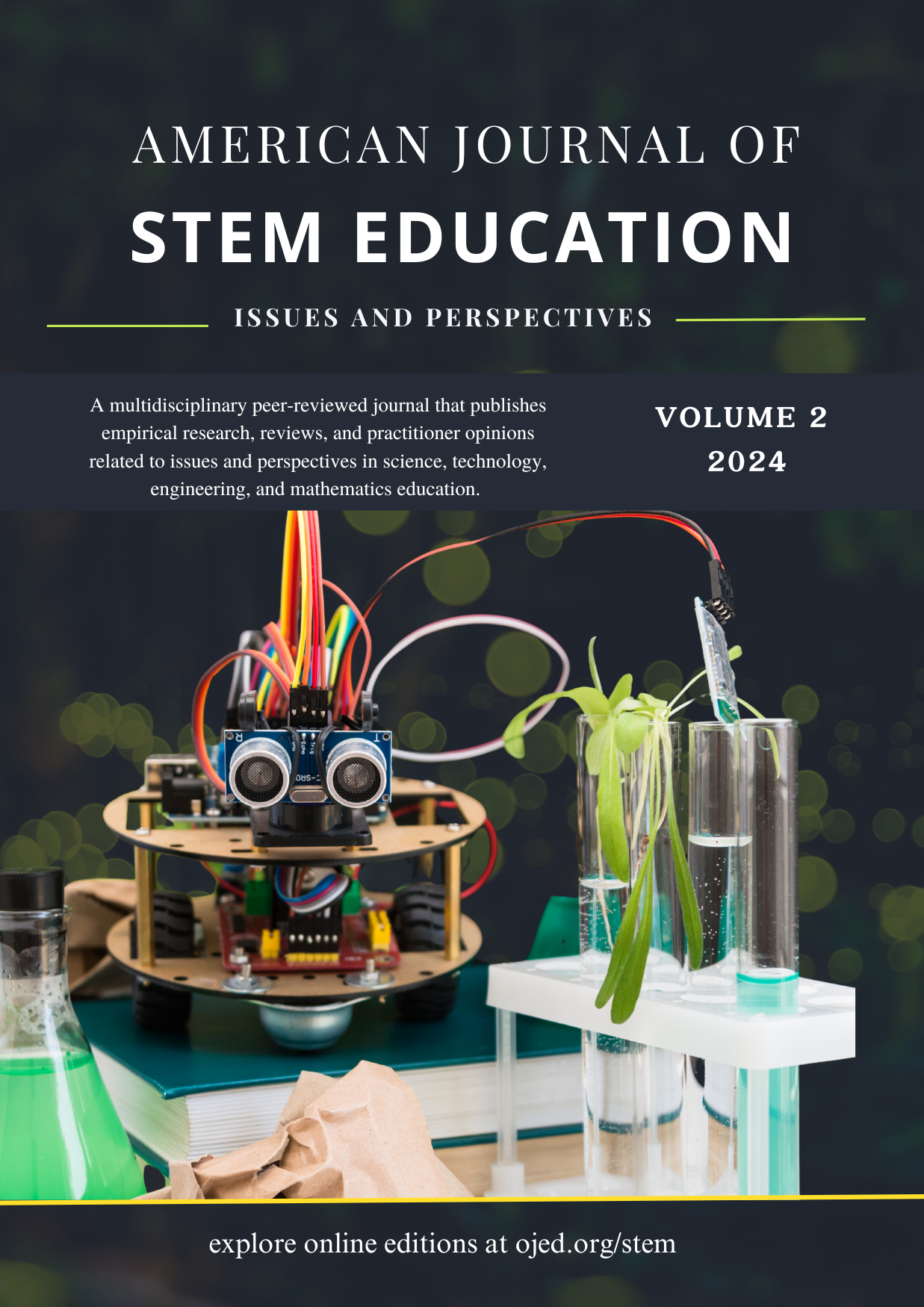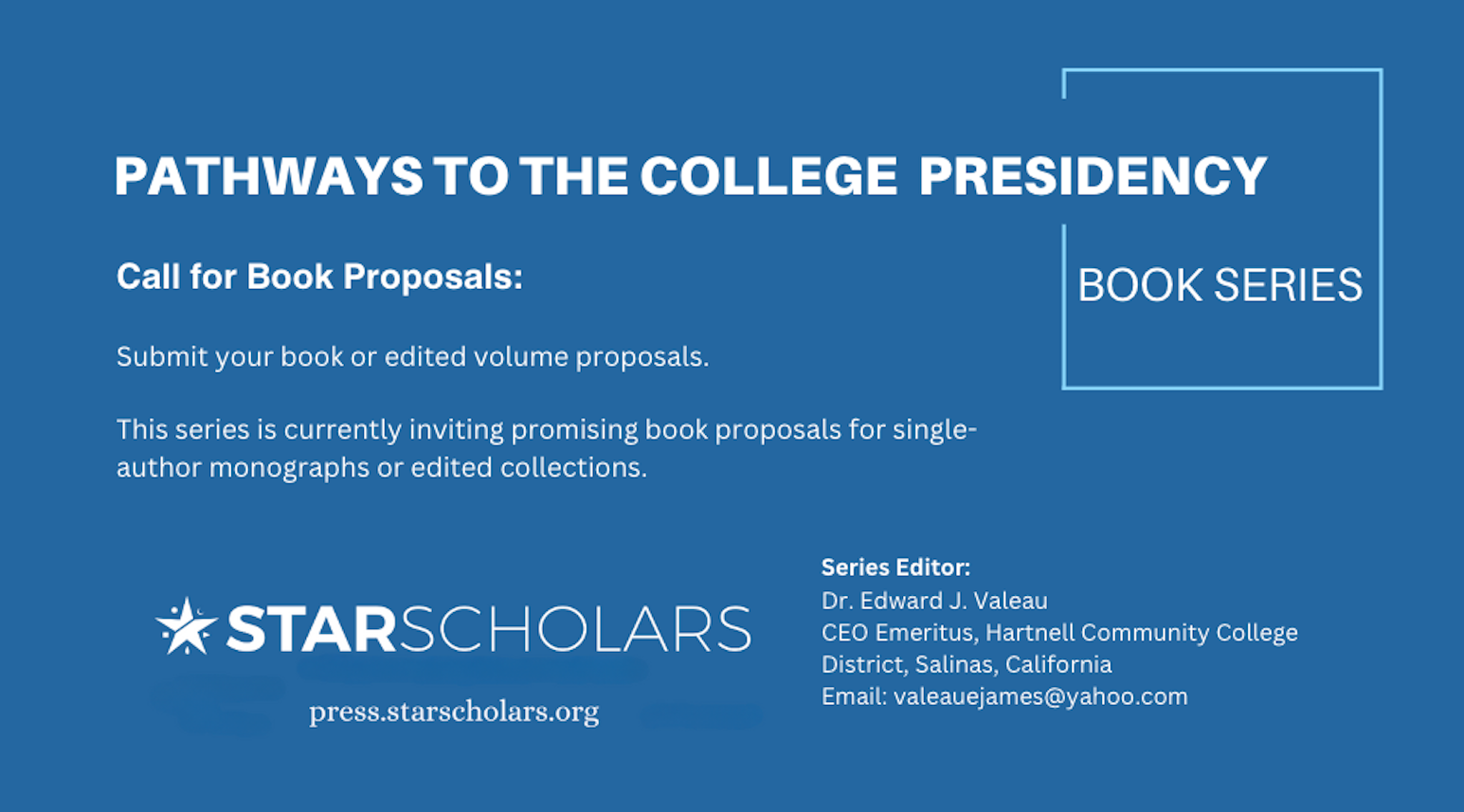School management strategies and lifelong skills acquisition among STEM students in public secondary schools
DOI:
https://doi.org/10.32674/httrgs02Keywords:
curriculum design, extracurricular activities, partnership, professional development, school managers approaches, STEM studentsAbstract
This correlational study investigated the relationship between school managers’ approaches and lifelong skills acquisition among STEM students in Public secondary schools in Awka South LGA of Anambra State. The aim was to determine whether school leaders’ strategies in curriculum design, developing extracurricular activities and establishing partnerships with external bodies could affect lifelong skills acquisition among STEM students. Findings revealed a moderate positive relationship between school managers’ approaches and lifelong skills acquisition of STEM students. The positive relationship suggests that curriculum design and lifelong skills acquisition are interrelated. The study concludes that integrating life skills into the curriculum and enriching curriculum contents with current realities will help students acquire the needed skills for the future.

 Call for Special Issue Proposals
Call for Special Issue Proposals 


